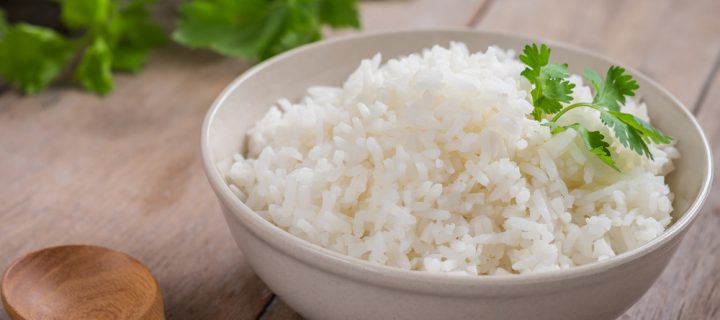You may be surprised at what health authorities have targeted as a priority concern in the battle against diabetes. It’s not sugary breakfast cereals, or energy drinks, or anything like cookies, cakes or pastries.
It’s…white rice.
That’s right; the Eastern world’s mealtime staple is a dangerous diabetes driver, even more harmful than those sweet soda drinks everyone loves to hate.
Health Promotion Board chief executive Zee Yoong Kang is a strong advocate in the approach to neutralizing diabetes risks. He says that while Westerners are succumbing to diabetes through obesity and sugary drinks, the East faces their own challenge, namely Asians being more susceptible to the disease than Caucasians. So starchy, white rice is more impactful on blood sugar levels than it is on Westerners, thereby spiking the risk of diabetes.
Kang has the data to prove it, too. He’s got a comprehensive analysis of four large studies, with over 350,000 participants followed between four to 20 years by the Harvard School of Public Health.
Some of the more interesting statistics from the data dump includes:
- Each plate of white rice eaten a day, on a regular basis, increased the risk of diabetes by 11% in the overall study.
- Asians typically have what amounts to four servings of cooked rice a day; Americans and Australians average just five servings a week.
Kang understands that it’ll be virtually impossible to turn the Eastern culture away from the uber-popular dish, so he’s instead advocating people opting for healthier alternatives. For example, long grain white is a tad better than short grain, particularly when it comes to spiking insulin levels. Another adaptation is someone adding 20% of brown rice to their white rice allotment. A relatively minor change like that reduces the risk of diabetes by a solid 16%.
“There is no need to fully replace what they now eat. Just increase the quantity of whole grain and brown rice,” Kang says.
Other health professionals are more open to drastic action, regardless of how it’ll be received by rice lovers. Dr. Stanley Liew, a diabetes expert at Raffles Hospital, says people should straight-up cut rice consumption down significantly, cold-turkey.
Photo Credit: Amarita/Shutterstock











